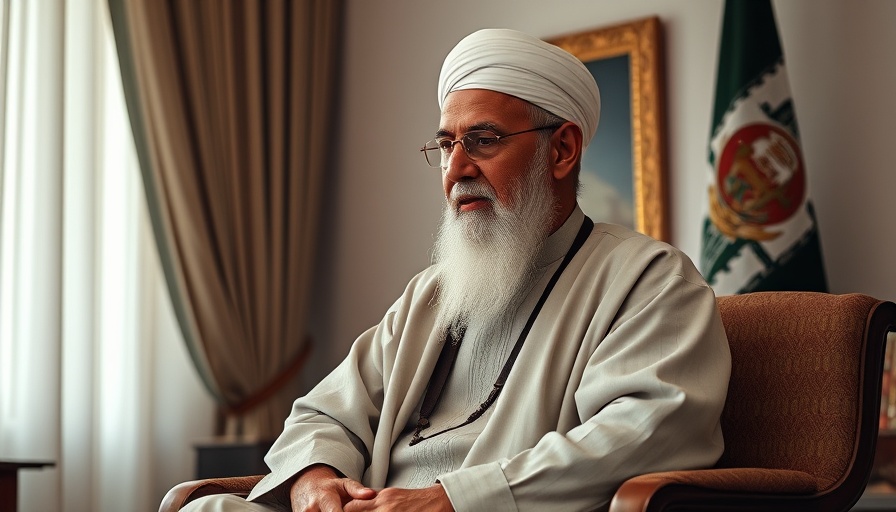
Echoes of Conflict: US-Iran Relations Post-Strikes
In a charged public address, Iran's Supreme Leader Ayatollah Ali Khamenei asserted that the United States gained nothing from recent airstrikes targeting Iran's nuclear facilities. Addressing the nation following a ceasefire with Israel, Khamenei emphasized that these strikes offered no significant disruption to Iran's nuclear aspirations, dismissing the notion that they achieved any meaningful outcomes.
Contradicting Khamenei's claims, US officials, including Defense Secretary Pete Hegseth, touted the strikes as a "historic success," suggesting that they had dealt a severe blow to Iran's nuclear program. Hegseth cited intelligence that indicated the strikes significantly damaged critical facilities, potentially setting Iran's nuclear ambitions back by years.
The Stakes of Current Escalations
The contrasting narratives underscore the heightened tensions in the region. Khamenei's remarks follow a week of speculation about his position in the ongoing military conflict, during which he had largely remained out of the public eye. His threats of retaliation against US bases in the Middle East if further attacks occur signal a readiness to escalate military responses should the situation deteriorate further.
Implications for the Future
As both sides maintain their stances, the implications for diplomatic relations grow increasingly uncertain. The commitment on both sides to their respective narratives not only fuels ongoing hostilities but also complicates the potential for negotiated resolutions. Experts highlight that this cycle of aggression could lead to further escalation, potentially involving more global partners, which could draw in countries like Israel and Russia into the fray.
Looking Ahead: The Path to Resolution
To confront these challenges, stakeholders must re-engage in confidence-building measures and discussions aimed at preventing further military confrontations. Without strategic dialogue, the likelihood of miscalculations remains high, risking a broader conflict.
 Add Row
Add Row  Add Element
Add Element 



Write A Comment